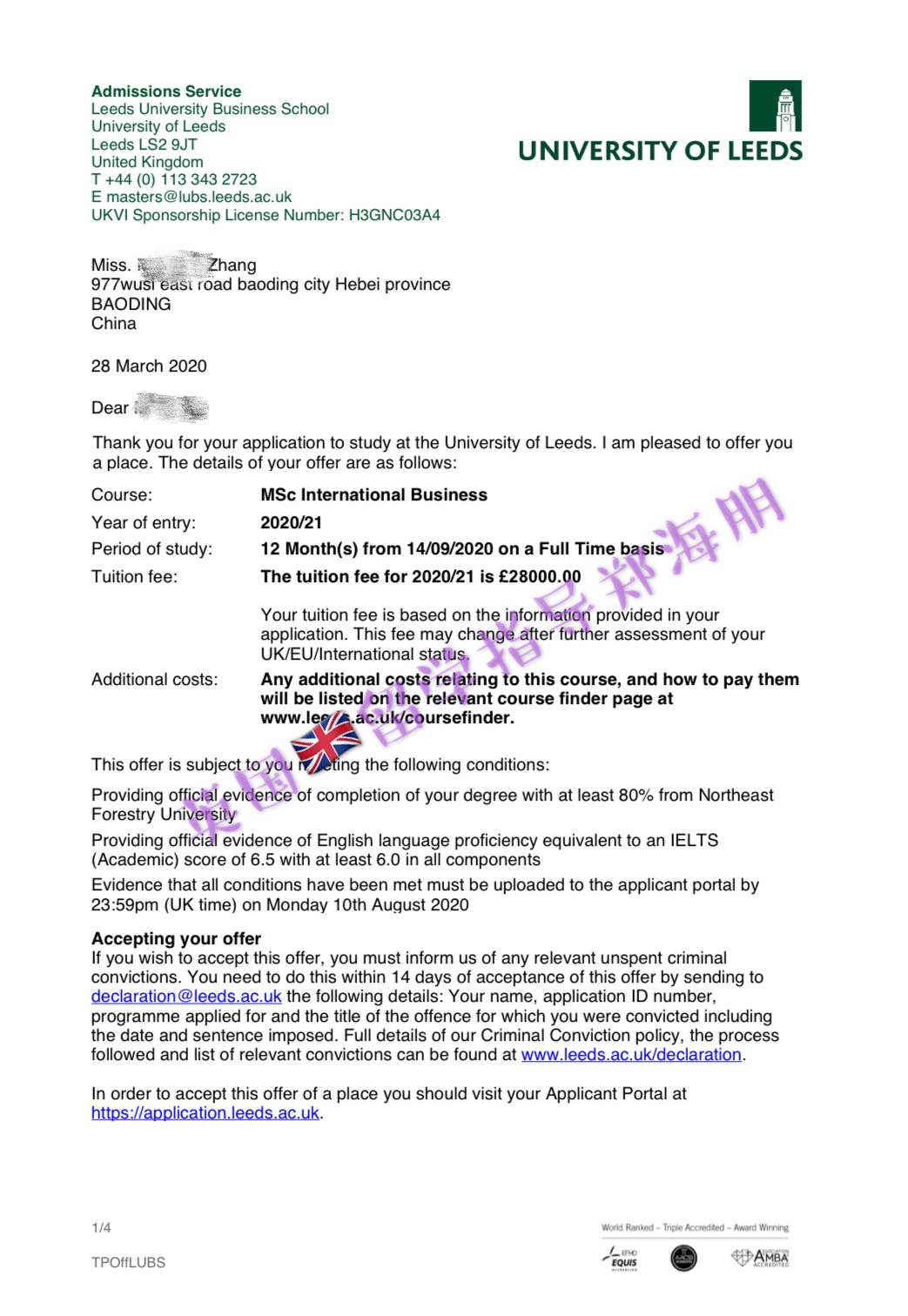雅思阅读时事材料:英国媒体向叶诗文道歉.
2017-08-07 284阅读
雅思阅读也是会结合时事的,尤其是最近奥运会作为一个热点新闻,下面就是澳际培训雅思频道为大家整理的雅思阅读时事材料,主要就是《自然》杂志向叶诗文道歉的内容,希望能够帮助大家在雅思阅读方面的备考以及平时积累。
Why great Olympic feats raise suspicions
At the Olympics, how fast is too fast? That question has dogged Chinese swimmer Ye Shiwen after the 16-year-old shattered the world record in the women&aposs 400-metre individual medley (400 IM) on Saturday. In the wake of that race, some swimming experts wondered whether Ye’s win was aided by performance-enhancing drugs. She has never tested positive for a banned substance and the International Olympic Committee on Tuesday declared that her post-race test was clean. The resulting debate has been tinged with racial and political undertones, but little science. Nature examines whether and how an athlete&aposs performance history and the limits of human physiology could be used to catch dopers.
Was Ye’s performance anomalous?
Yes. Her time in the 400 IM was more than 7 seconds faster than her time in the same event at a major meet in July. But what really raised eyebrows was her showing in the last 50 metres, which she swam faster than US swimmer Ryan Lochte did when he won gold in the men’s 400 IM on Saturday, with the second-fastest time ever for that event.
The ‘biological passport’, which measures characteristics of an athlete’s blood to look for physiological evidence of doping, works in a similar way to performance profiling (see &aposRacing just to keep up&apos). After it was introduced in 2008, cycling authorities flagged irregularities in the blood characteristics of Antonio Colom, a Spanish cyclist, and targeted drug tests turned up evidence of the banned blood-boosting hormone erythropoietin (EPO) in 2009.
How would performance be used to nab dopers?
Anti-doping authorities need a better way of flagging anomalous performances or patterns of results, says Schumacher. To do this, sports scientists need to create databases that — sport by sport and event by event — record how athletes improve with age and experience. Longitudinal records of athletes’ performances would then be fed into statistical models to determine the likelihood that they ran or swam too fast, given their past results and the limits of human physiology.
The Olympic biathlon, a winter sport that combines cross-country skiing and target shooting, has dabbled in performance profiling. In a pilot project, scientists at the International Biathlon Union in Salzburg, Austria, and the University of Ferrara in Italy, developed a software program that retroactively analysed blood and performance data from 180 biathletes over six years to identify those most likely to have doped2. The biathlon federation now uses the software to target its athletes for drug testing.
Could an athlete then be disciplined simply for performing too well?
“That would be unfair,” says Tucker. “The final verdict is only ever going to be reached by testing. It has to be.” In recent years, cycling authorities have successfully prosecuted athletes for having anomalous blood profiles, even when banned substances such as EPO could not be found. But performance is too far removed from taking a banned substance and influenced by too many outside factors to convict someone of doping, Tucker says. “When we look at this young swimmer from China who breaks a world record, that’s not proof of anything. It asks a question or two.”
Nature doi:10.1038/nature.2012.11109
Doesn&apost a clean drug test during competition rule out the possibility of doping?
No, says Ross Tucker, an exercise physiologist at the University of Cape Town in South Africa. Athletes are much more likely to dope while in training, when drug testing tends to be less rigorous. “Everyone will pass at the Olympic games. Hardly anyone fails in competition testing,” Tucker says.
Out-of-competition tests are more likely to catch dopers, he says, but it is not feasible to test every elite athlete regularly year-round. Tracking an athlete over time and flagging anomalous performances would help anti-doping authorities to make better use of resources, says Yorck Olaf Schumacher, an exercise physiologist at the Medical University of Freiburg in Germany, who co-authored a 2009 paper proposing that performance profiling be used as an anti-doping tool1. “I think it’s a good way and a cheap way to narrow down a large group of athletes to suspicious ones, because after all, the result of any doping is higher performance,” Schumacher says.
以上就是澳际小编为广大雅思考生整理的英国《自然》杂志向叶诗文道歉的原文,内容不多,但非常实用,也比较接近雅思阅读文章的类型以及内容。
【热门文章】:
攻克雅思阅读的两个关键
如何获得雅思听力高分?
雅思写作7个经典句式
留学咨询
更多出国留学最新动态,敬请关注澳际教育手机端网站,并可拨打咨询热线:400-601-0022
留学热搜
相关推荐
- 专家推荐
- 成功案例
- 博文推荐

Copyright 2000 - 2020 北京澳际教育咨询有限公司
www.aoji.cn All Rights Reserved | 京ICP证050284号
总部地址:北京市东城区 灯市口大街33号 国中商业大厦2-3层









杜慧宇 向我咨询
行业年龄 10年
成功案例 2764人
成功案例包括剑桥大学,UCL,格拉斯哥大学,曼彻斯特大学,华威大学,杜伦大学,谢菲尔德大学,利兹大学,纽卡斯尔大学等等。
贾宇琨 向我咨询
行业年龄 11年
成功案例 3012人
2年留学经验 6年行业经验 充分发掘学生优势,精准定位理想院校,全方位提供留学帮助,真诚认真负责,无时无刻无论在哪,有疑问找我就好!
赵晨阳 向我咨询
行业年龄 9年
成功案例 2403人
王梓橦 向我咨询
行业年龄 9年
成功案例 2534人
对于不同的学生会以不同的方式去进行沟通,精准定位,定向提升。